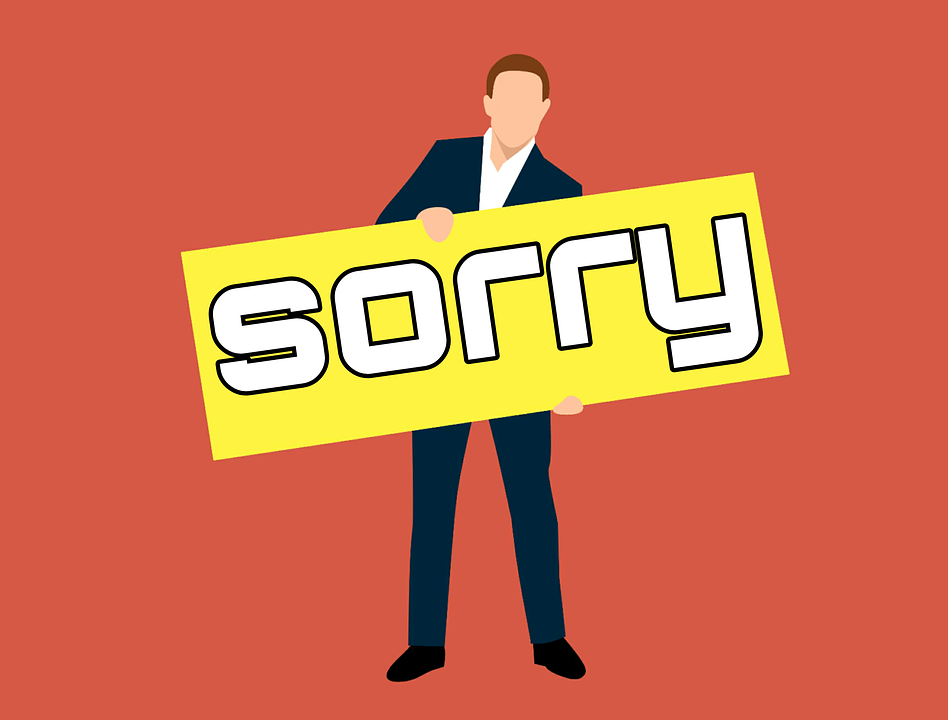Why “I’m Sorry” Doesn’t Mean Much When It Comes from a Doctor in Washington State
“Any good apology has 3 parts: 1) I’m sorry 2) It’s my fault 3) What can I do to make it right? Most people forget the third part.” – Unknown
It happens over and over. Client calls because a medical error harmed them. And they think they have a rock solid case because the doctor apologized for messing up. They think that means the doctor won’t contest liability. It will be an easy win with a quick settlement. 
What those clients don’t know is that “Sorry” doesn’t really mean “Sorry” — or at least doesn’t include the third component — when it is uttered by a physician in Washington within 30 days of the medical error. That’s because of a law that makes a doctor’s apology inadmissible in civil trial when the apology was uttered by a doctor. That means the doctor can apologize to you, profusely, and then, when trial comes, act like he or she did nothing wrong. And you can’t call out the hypocrisy.
The statute applies to any “statement, affirmation, gesture, or conduct expressing apology, fault, sympathy, commiseration, condolence, compassion, or a general sense of benevolence” made by the doctor within 30 days of the error. And it also applies to any “statement or affirmation regarding remedial actions that may be taken to address the act or omission that is the basis for the allegation of negligence.” Again, inadmissible. They say they’re going to change the way they’re going to do things. They say they messed up. And it means nothing.
How sincere can these statements and apologies really be if the doctors know that no consequences can come from them? That’s why, in my darker moments, I usually conclude that all of these programs are just financial risk management devices, encouraged, if not fully designed and implemented by, the doctors’ liability insurers. A *real* apology would be one where the doctor also, in writing, admits liability and waives the statute that allows the waiver to be kept secret.
So, if your doctor apologizes to you, ask him or her how sincere she is about the apology, and then ask for an admission of liability, and a waiver of all rights under RCW 5.64.010.
